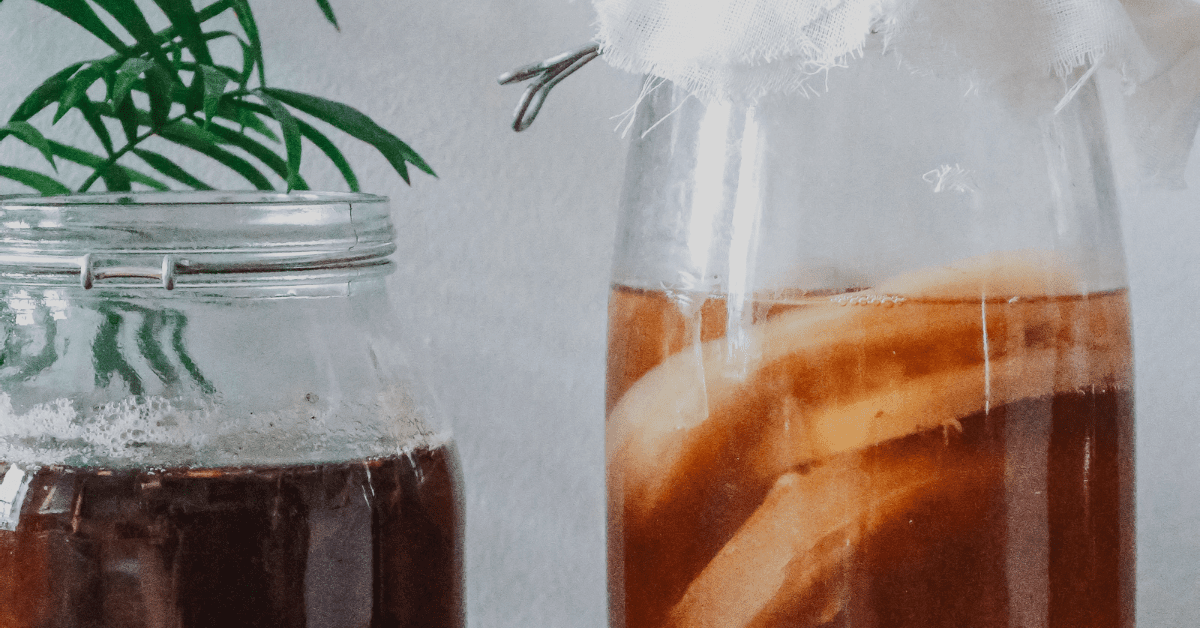When cold and flu season strikes, it’s common for many of us to seek comfort in home remedies and natural solutions. From drinking herbal teas to inhaling essential oils, natural remedies have been passed down through generations, offering relief from symptoms like congestion, sore throats, and headaches. But not all remedies are created equal, and it’s essential to distinguish between what actually works and what’s simply a myth. In this article, we’ll explore the most effective home remedies for colds, the flu, and congestion while addressing common misconceptions about natural treatments.
Effective Home Remedies for Colds, Flu, and Congestion
Hydration: Drink Plenty of Fluids
Staying hydrated is one of the simplest and most effective remedies for colds and flu. When you have a fever, the body loses fluids through sweat, leading to dehydration. Drinking water, herbal teas, and broths can help thin mucus, reduce congestion, and ease symptoms like sore throats.1 Warm liquids, in particular, can provide immediate relief for nasal congestion and sore throats by improving mucus flow.
Honey: A Natural Cough Suppressant
Honey is an age-old remedy for soothing coughs and sore throats. Its thick consistency coats the throat, providing temporary relief from irritation. Research supports honey’s effectiveness, showing that it can be as effective as over-the-counter cough suppressants, especially in children one year and older.2 Honey also has antibacterial properties that may help fight infections.
How to use: Mix 1-2 teaspoons of honey in warm water or tea for relief.
Steam Inhalation: Clear Nasal Congestion
Steam inhalation is a well-known natural remedy for relieving nasal congestion. Inhaling warm, moist air can loosen mucus, making breathing easier. You can enhance the experience by adding essential oils like eucalyptus, which has antiviral and anti-inflammatory properties.3
How to use: Boil water, pour it into a bowl, drape a towel over your head, and inhale the steam for 10-15 minutes.
Gargling with Salt Water: Soothe a Sore Throat
Saltwater gargles are simple yet effective for treating a sore throat. The salt helps reduce swelling by drawing out excess moisture from inflamed tissues, and it can also loosen mucus, making it easier to expel.4
How to use: Mix 1/4 to 1/2 teaspoon of salt in 8 ounces of warm water and gargle several times daily.
Herbal Teas: Boost Immunity and Relieve Symptoms
Herbal teas made from ingredients like ginger, echinacea, and chamomile are popular cold and flu remedies. Ginger has anti-inflammatory properties that can reduce throat pain and congestion. Echinacea is believed to boost the immune system, and chamomile can promote relaxation and better sleep, which is crucial for recovery.5
How to use: Steep fresh ginger slices or herbal tea bags in boiling water for 5-10 minutes and drink throughout the day.
Myths and Facts: Cold, Flu, and Congestion Remedies
There are many myths surrounding cold and flu treatments. Let’s separate fact from fiction.
Myth 1: Vitamin C can prevent colds
Fact: While vitamin C is essential for a healthy immune system, research shows it doesn’t prevent the common cold. However, regularly taking vitamin C supplements can slightly reduce the duration and severity of cold symptoms, especially for individuals who engage in intense physical activity or are exposed to cold environments.6
Myth 2: Antibiotics can treat colds and the flu.
Fact: Antibiotics treat bacterial infections, not viral infections like the common cold or flu. Unnecessarily taking antibiotics can contribute to antibiotic resistance.7 The best way to manage viral infections is through supportive care, such as rest, fluids, and symptom relief.
Myth 3: You should “starve a fever.”
Fact: There’s no scientific evidence to support starving yourself during a fever. In fact, it’s essential to nourish your body with easy-to-digest, nutrient-rich foods to help your immune system fight off infection. Soups, fruits, and vegetables provide essential vitamins and minerals that aid in recovery.8
Myth 4: Drinking milk increases mucus production.
Fact: Despite this common belief, scientific studies have found no significant link between dairy consumption and increased mucus production. For most people, drinking milk when they have a cold is perfectly fine and may even provide needed calories and nutrients.9

Other Considerations: When to Seek Medical Attention
While natural remedies can provide comfort and relief for cold and flu symptoms, it’s important to recognize when symptoms warrant professional medical attention. Seek medical help if you experience:
– High fever lasting more than three days
– Difficulty breathing or shortness of breath
– Chest pain or pressure
– Severe headache or confusion
– Persistent vomiting
These could be signs of a more severe infection, such as pneumonia, bronchitis, or complications from the flu.

A Balanced Approach
A balanced approach is key when dealing with colds, flu, or congestion. Combining time-tested home remedies with proper rest, hydration, and over-the-counter medications (as needed) can help your body recover more comfortably. However, it’s essential to avoid falling for common myths and misconceptions about cold and flu treatments. While natural remedies like honey, steam inhalation, and herbal teas can offer relief, it’s crucial to understand the limitations of these treatments and when to seek professional care.
Natural remedies provide valuable support during cold and flu season but are not substitutes for medical treatment when symptoms escalate. Be cautious of myths, stick to science-backed remedies, and remember that prevention—through hand washing, getting enough rest, and staying hydrated—is often the best remedy of all.







0 Comments